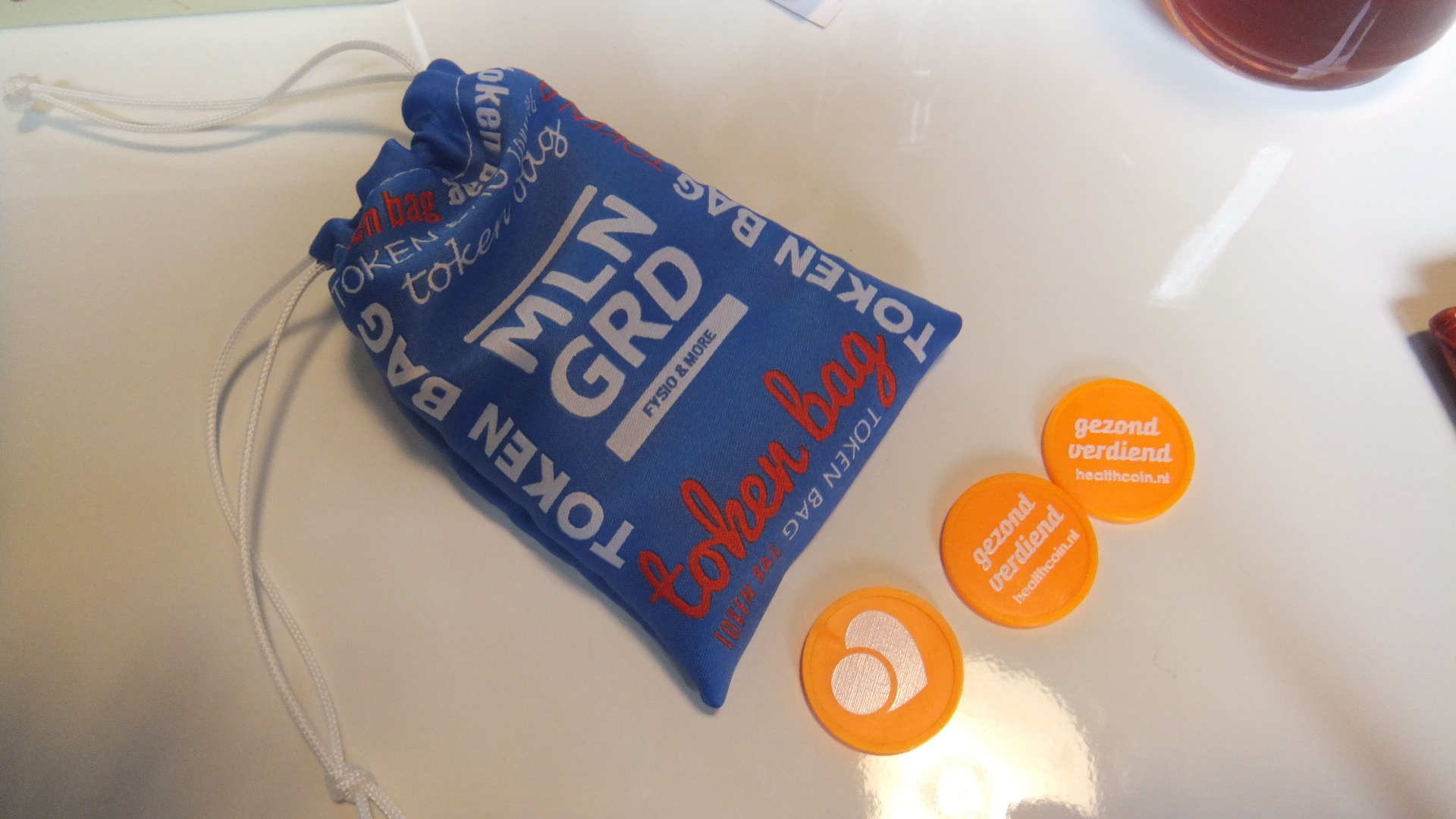Displaying present location in the site.
ICT Global Trend Part 5 No.5
Utilization of Healthcare data for Extension of healthy life expectancy (2/3)Promoting awareness of self-care
By Kazuko Yuma, Chief Fellow
The utilization of healthcare data is largely categorized into 3 phases.
The phase 1 is ”EHR (Electronic Health Record)" where the digital data is shared and used only by medical and long-term care experts in their organization.
The phase 2 is “HIE (Health Information Exchange) ” where the digital data is shared and exchanged among relevant healthcare providers.
Finally the phase 3 is “PHR (Personal Health Record) ” where the digital data is shared and exchanged between patients and healthcare experts.
In Japan it is unfortunate that the current status of utilization is still staying in the phase 1 where only a part of advanced or forward-thinking medical organizations or regions is positively utilizing healthcare data, and, actually the adoptionrate of EMR (Electric MedicalRecords) is only as low as 30.2% reported by the study on the introduction status of medical information systems in Japan published in 2016 by JAHIS (Japanese Association of Healthcare Information Systems Industry).
The Netherlands, advanced country:
In Europe the healthcare data is largely shared and utilized in many countries. One of the advanced country is the Netherlands. In the healthcare rankings in Europe the Netherlands is ranked at the top of the list. They can share healthcare data, subject to the prior consent of the patient, between relevant medical care and long-term care organizations in the country wide as in HIE, the phase 2.
They are further advancing to establish the system to cope with PHR, the phase3.
The Dutch Government is eagerly promoting the establishment of PHR system with the purposes of offering effective and efficient healthcare service to and of improving QOL (quality of life) of every people.
In the autumn of 2016 The law to regulate the dataprotection in the use of individual’s healthcare data was enacted.
In thise law the individual is not named as “Patient (a person to receive medical treatment in the hospital )” but as “Client (a person to use the service)” and it is stipulated how to made best and right utilization of healthcare data from client’s birth to death.
The variety of healthcare data which is scattered in the hospital or home doctor and not standardized will be integrated and visualized by PHR from the citizen or patient perspective.
The one way flow of information from a doctor to a patient will be avoided and the individual will have its own capacity to understand its healthcare data under its own control and will be much more selfcare conscious.

Safety exchange of healthcare data
Last year the PHR promotion project “MedMij” started in the Netherlands.
The project is organized on the basis of Public-Private partnership. The Ministry of Health, Welfare and Sport (VWS), The National IT Institute for Healthcare in the Netherlands (Nictiz) and the Dutch Patient Consumer Federation (NPCF) are project core member. and private insurance companies and healthcare providers have joined, too. They discuss technical specification of PHR, personal data protection, interoperability, and further to study how to establish the system to realize the sustainable exchange of healthcare data. In parallel with such discussion and study the project is trying to build the system where certified suppliers who cleared the required level of MedMij standards can exchange safely the healthcare data kept by hospitals or wearable healthcare device’s providers like Fitbit through MedMij Data Reception System.
Medmij, however, will only decide the framework, and, practical solutions and development of PHR is left to the hands of private ICT vendors who offer their own applications to users, and the users will select the most suited PHR applications to their choice.
Venture companies to be fostered
In the Netherlands the emphasis is also made on fostering venture companies to promote well-being.
Healthcoin is a venture company who is offering the smartphone application where a user can collect digital coins rewarded if a user makes healthy practice. These coins can be exchanged with healthy goods or services. For example, the employees of the company promoting the bicycle commuting can collect “health coins” to be rewarded according to the distance they commute by bicycle which is measured by the bicycle application using global positioning system (GPS) and they can add these data up in their own health care records in PHR.
Theire services are introduced and encouraged in such organizations as ageing care or hospital where the employees are under constant high stress conditions or in such regions where local government is promoting the practices to enhance the health of the poor, elderly people or children. They are also offering plastic health coins for those children who do not have smartphone to attract their interest for health practices and are gathering and monitoring children’s healthcare data. They are trying to uplift their sense of participation in health practices through gamification as well .
The Netherlands is aiming to establish interoperable PHR platform on the nation level while keeping the uniqueness and the identity of each company involved.
We can learn many lessons from the Netherlands in the area how to best utilize the healthcare data which Japan is going to challenge.